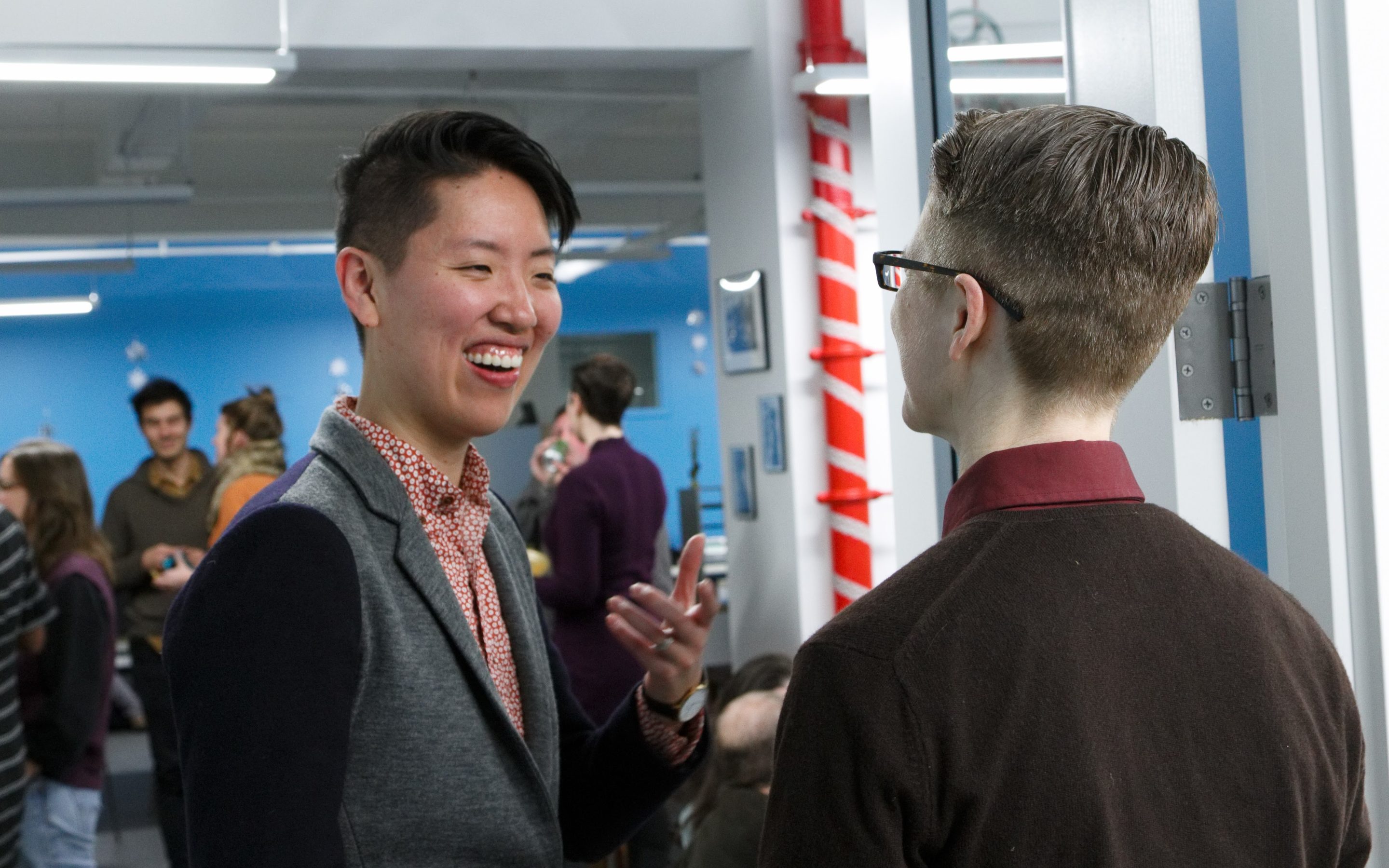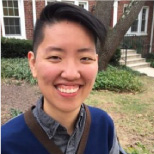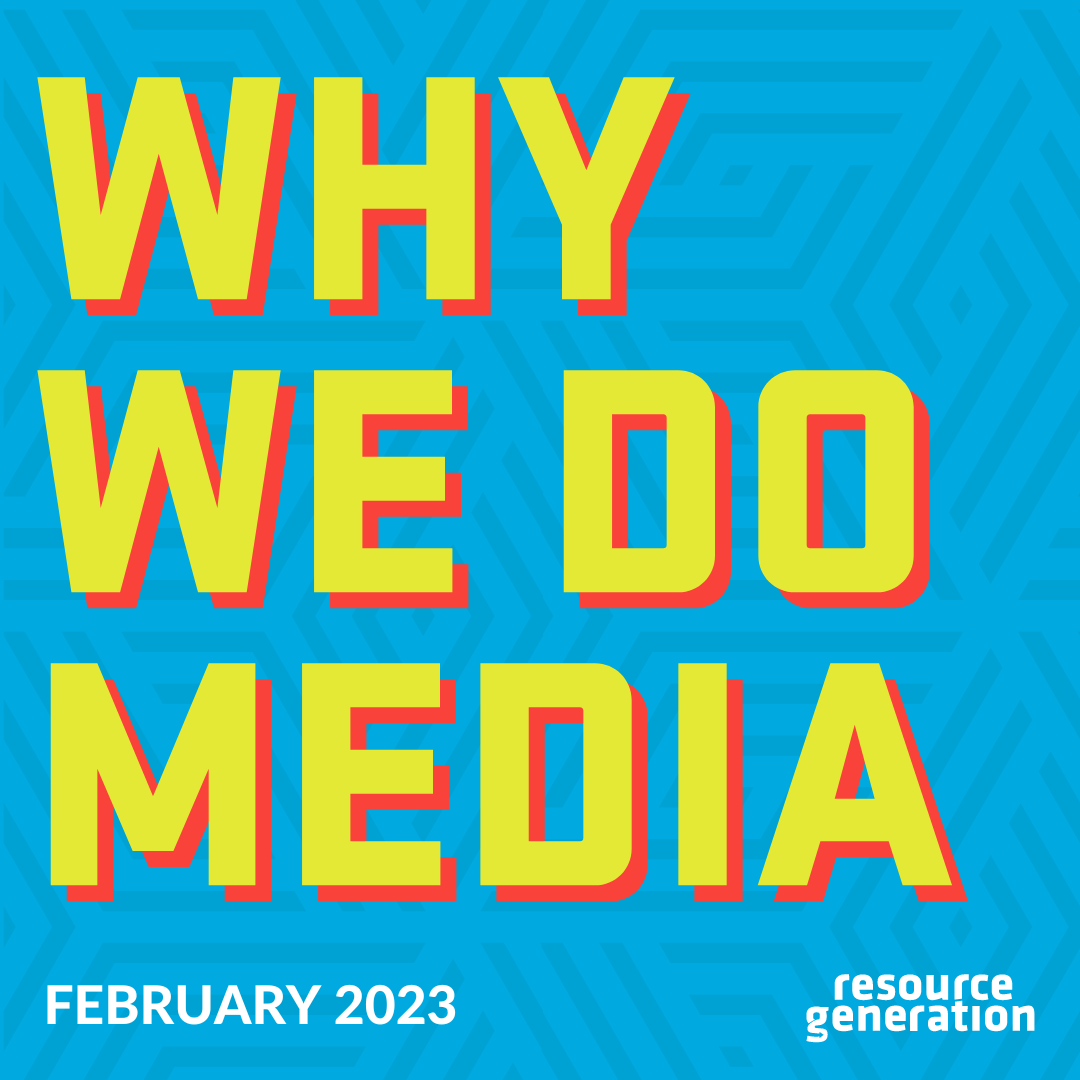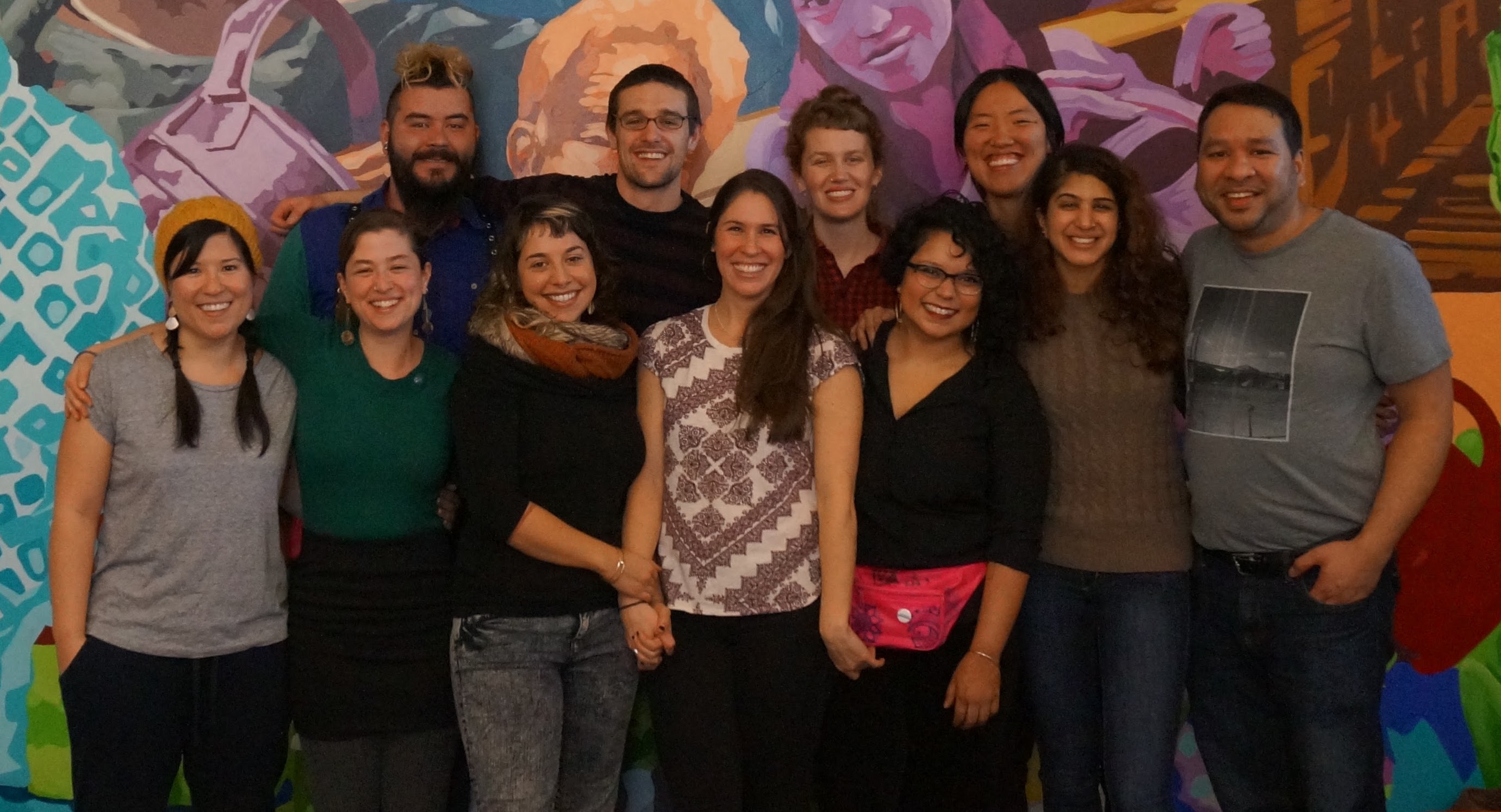I spent the first week of July at a people of color meditation retreat at Vallecitos Mountain Retreat in northern New Mexico. There I experienced deep silence, stunning nature, and teachings on joy, loving-kindness, equanimity, and compassion. I was on retreat with about 25 other people of color, many of whom are organizers and activists, during the week of mobilization and direct action against family separation at the border. It was an important reminder that during a time of escalated violence we must also escalate our spiritual practice, resourcing ourselves and regrounding in our humanity so that we can center collective liberation in our struggle for justice.
One of the core teachings in the Buddhist tradition emphasized during the retreat is that we all inherently have Buddhanature and the capacity for awakening. That is, human beings are essentially good, and that goodness is part of our birthright as beings who are interconnected, interdependent, and not separate from all living creatures. This worldview stands in stark contradiction to the Christian doctrine of original sin and humanity’s inherent (and inherited) inclination towards evil and our “fallen nature.”
The binary of good and evil and inherited guilt is especially present in American Protestant Christian hegemony and informs all of our worldviews, including our approaches to activism. Just over a year ago, Frances Lee wrote a searing article (“Excommunicate Me from the Church of Social Justice”) about the damage that seeking purity and performing “wokeness” has caused to them and to movements.
I see purity seeking and wanting to prove goodness show up all the time in Resource Generation spaces and have perpetuated this dynamic myself. This often shows up for me as distancing myself from the “really” wealthy people. Distancing from privilege is a way to preserve a sense of individual goodness – that’s why hiding or lying about class privilege and wealth is so common, and something that I did too as a young person from an upper-class family.
As I learned more and more about the violence and horror of wealth inequality and systemic poverty I found myself continually grappling with feelings of guilt and shame. How can I possibly be a person with integrity and goodness in the world if I’m benefiting from something so terrible?
Falling into the pit of feeling like an inherently bad person and seeking redemption was not a generative, sustainable, long-term way for me to engage in organizing around my privilege. It also wasn’t an effective way to organize others like me. When I’m in a place of needing to prove I’m good, I’m more critical, judgemental, and harsh towards others and more likely to insist that there is only one right way to take action.
My educational privilege and class patterns have also trained me to fight people on what is “correct” analysis, and to get caught up in intellectual debate. I don’t think people who I treat this way get excited or motivated about joining RG! Then when I’m not successful in reaching others I turn it against myself and further the narrative that I’m a bad person.
Remembering that my essential nature is one of goodness – and not something I have to earn or seek an external savior for – helps get me out of this vicious cycle. It also helps to remember that binary and dualistic thinking is far from the ultimate truth of our experience as humans navigating a complex world with no pure choices. We have ethical teachings and values and practice them the best we can. In my spiritual tradition, humans don’t inherit sin and guilt, but we do inherit the consequences of our actions, and are called to take actions that help ourselves and others actualize wisdom, compassion, and non-harm.
Anyone who has privilege is complicit in the harm that systems of oppression cause. We have a choice about whether or not to reduce that harm and act in solidarity with those trying to end it or to continue or increase the harm. Having privilege does not make us inherently bad, but it does amplify the impact of our choices.
As young people with wealth fighting the system that made us rich, we need to practice discernment about the difference between guilt and remorse, between individual accountability and collective accountability, between making mistakes and being bad people, between humility and shrinking back. We need to see and trust our goodness and the goodness of other wealthy people in order to better organize all of us to a transformative vision of wealth redistribution.
This is work that we are uniquely situated to do, to ensure that feelings of discomfort or defensiveness won’t stop us from owning the responsibility and power we have to make different choices and take action to support poor and working-class led movements for the equitable distribution of wealth, land, and power.
—
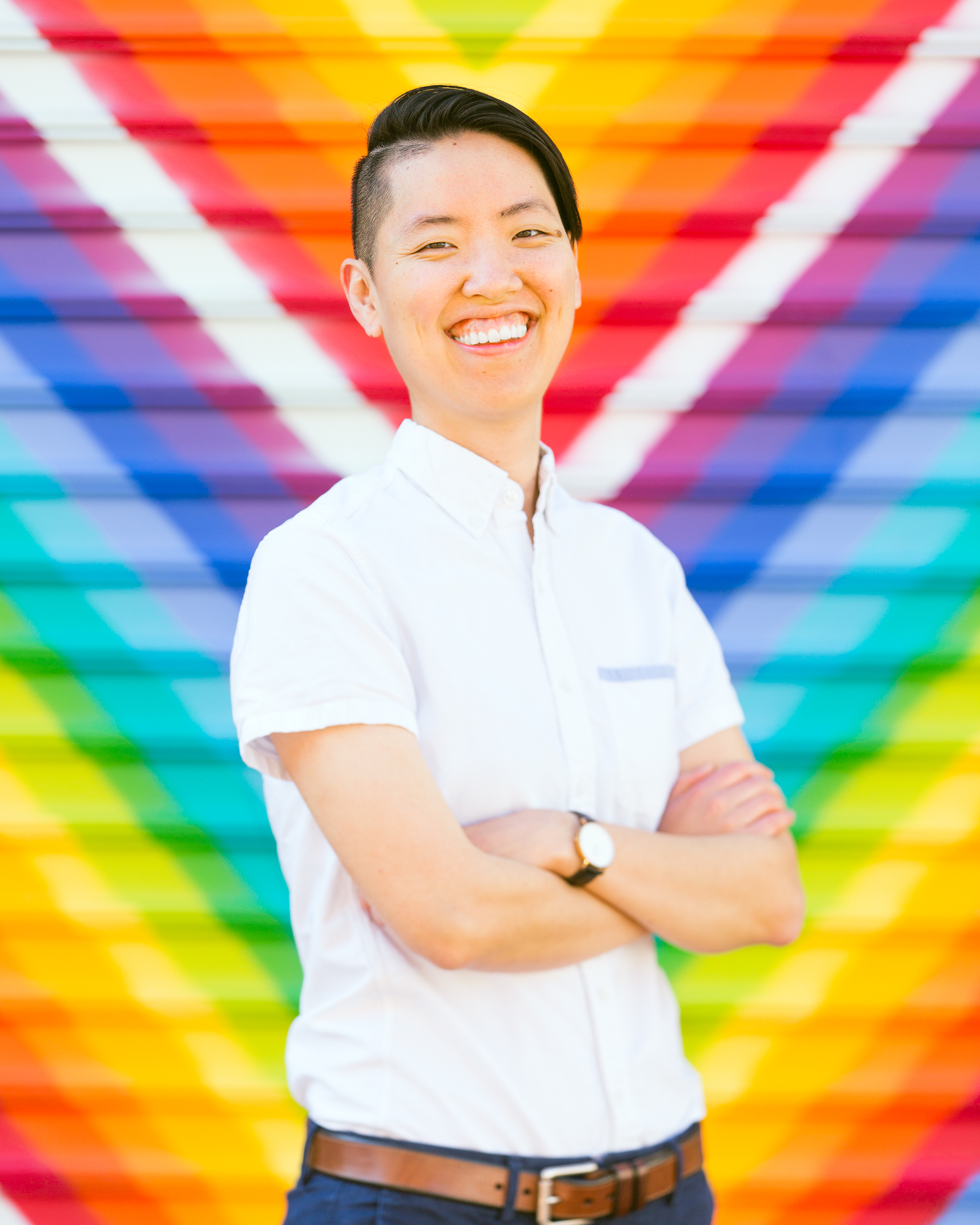 Iimay Ho is the Executive Director of Resource Generation. Resource Generation is the only organization in the U.S. organizing young people with wealth toward the equitable distribution of wealth, land, and power. As a result of becoming a member of Resource Generation, our members end up giving away 16-times more money to economic and racial justice organizations than they did before. Learn more and support our work by becoming a member here.
Iimay Ho is the Executive Director of Resource Generation. Resource Generation is the only organization in the U.S. organizing young people with wealth toward the equitable distribution of wealth, land, and power. As a result of becoming a member of Resource Generation, our members end up giving away 16-times more money to economic and racial justice organizations than they did before. Learn more and support our work by becoming a member here.
If you need help figuring out your class background, check out our definition of wealth and/or fill out this intake form to have one our national organizers reach out to you.
